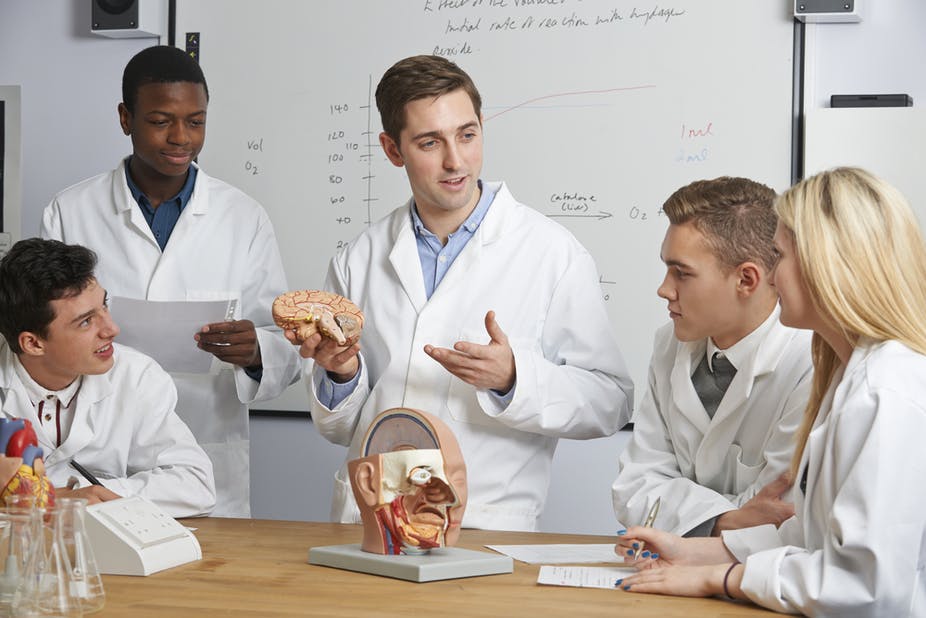What is science?
Science is a systematic study of knowledge and understanding of the social and natural world following a well-organised methodology based on testimony. It is a study of the nature and functioning of natural things and the information that we gathered about them.
Why is Science Important?
Children are naturally curious and full of questions about the world around them. They will start examining how things work. It influences our daily life directly or indirectly. Science is based on curiosity, and it leads to the discovery of everything from gravity to medicine. Science is passing knowledge from one generation to another. It helps us do research on living things and non-living things. Doing science experiments like how to make a Volcano, building a solar oven, discovering density with hot and cold water etc., will help children develop their resourcefulness, particularly at goal setting, problem-solving, and planning.
Benefits of Science education
Science education is necessary and providing children with sufficient opportunities for experimental exploration is profitable to young children in many ways.
- It can encourage an enduring love of science
- Develops problem-solving skills
- It provides a basic grounding in experimental thoughts and scientific thinking.
- Intensifies knowledge
- It promotes the improvement of other skills and qualities
- Supplies information about natural sciences
- Furnishes an idea about technology
What is a Science experiment?
An empirical procedure that arbitrates competing models or hypotheses is called a Science experiment. An experiment is a method of an idea. It is used to see how well the theory matches the real world.
Benefits of Science experiments
Experiments play an essential role in Science. They are used to test theories and provide the basis for scientific knowledge. Experiments like the egg drop project, learn to layer liquids, build a Da Vinci bridge, create egg shell chalk, turn milk into plastic etc., will lead to an extensive range of experiences and a complete list of developmental consequences.
- Traversing purpose and impact through several elements
- Developing an inquisitive mind
- Encouraging discussion
- Learning to use the equipment correctly and safely
- Reading books to explore scientific concepts and further experiments
- Observing changes
- Encourage students to ask questions
- Traversing the real environment
- Inspire children to predict what will happen in the experiment
- It offers a child use five senses
- It allows children understand maths concepts
- It aids to draw and write hypothesise outcomes and findings
- Exploring the artificial environment
- Experimenting with the sequencing of steps to carry out the experiment
- Developing problem-solving skills
List of some Science experiments
- Crystallise your own rock candy
- Repel glitter with dish soap
- Blow the biggest bubbles you can
- Build a Ferris wheel
- Learn about capillary action
- Demonstrate the “magic” leak proof bag
- Design a cell phone stand
- Recreate the water cycle in a bag
- Send a soda geyser sky-high
- Use water to flip a drawing
- Build a better umbrella
- Project the stars on your ceiling
- Tale a play-doh cofre sample
- Build a folded mountain
- Use rubber bands to sound out acoustics
- Turn a bottle into a rain gauge
- Experiment with limestone rocks
- Construct a pair of model lungs
- Do the Archimedes squeeze
- Construct a homemade lava lamp
- Blow up a balloon without blowing
- Pull an egg into a bottle
- Launch a two-stage rocket
- Levitate a ping-pong ball
- Make sparks with steel wool
- Learn about plants transpiration
- Create eggshell chalk
Hands-on experiments or projects are one of the best ways to teach Science to children. These experiments have made Science fun and easy to teach and learn.
